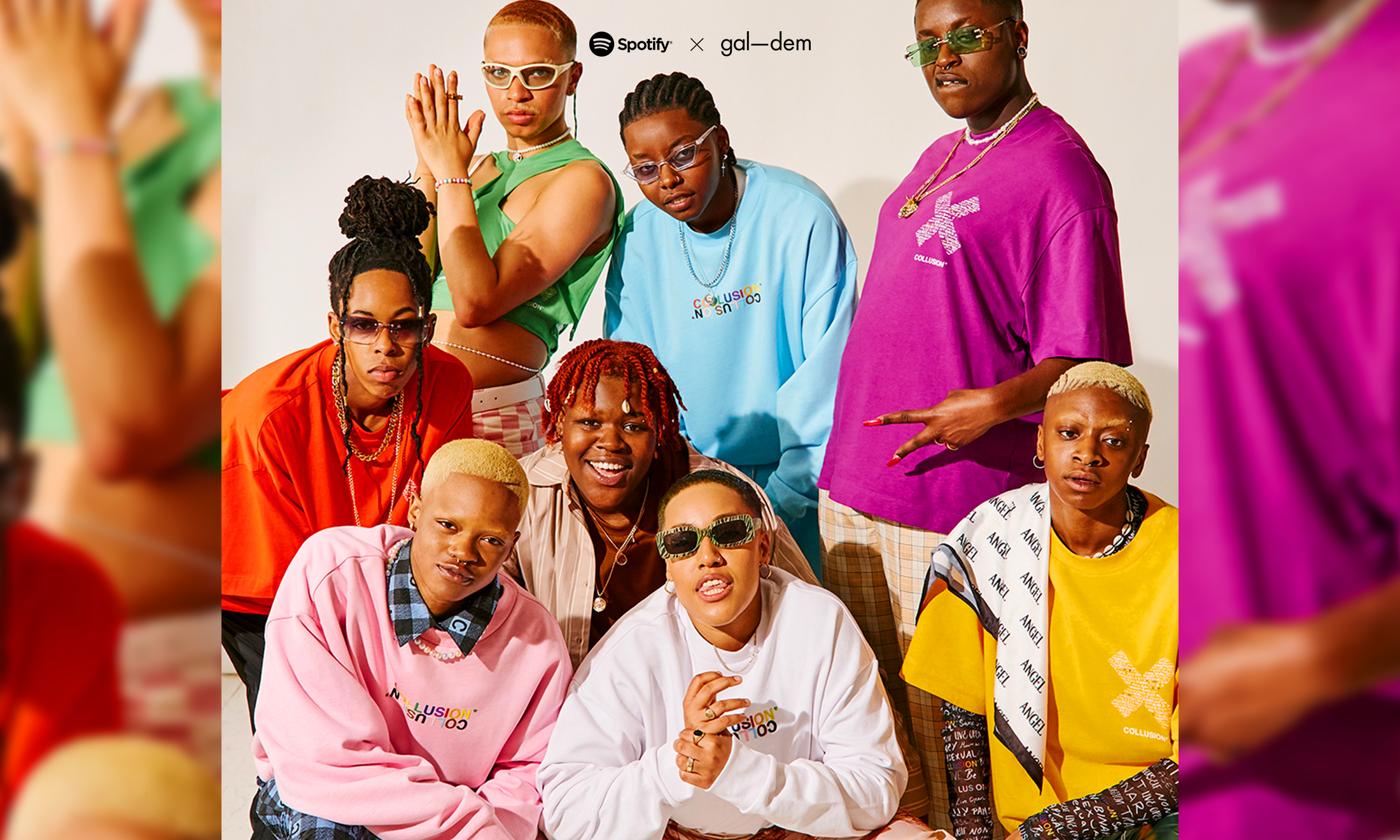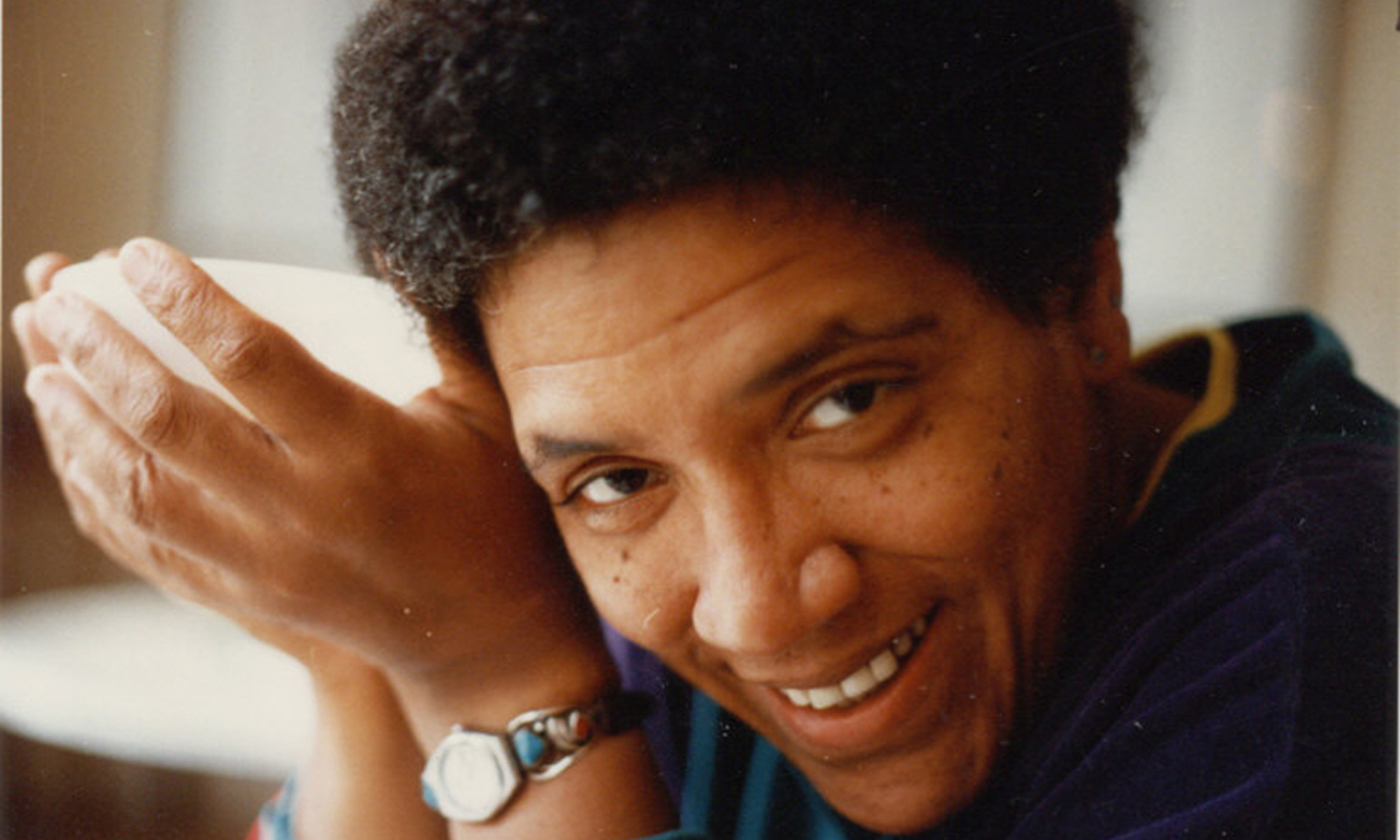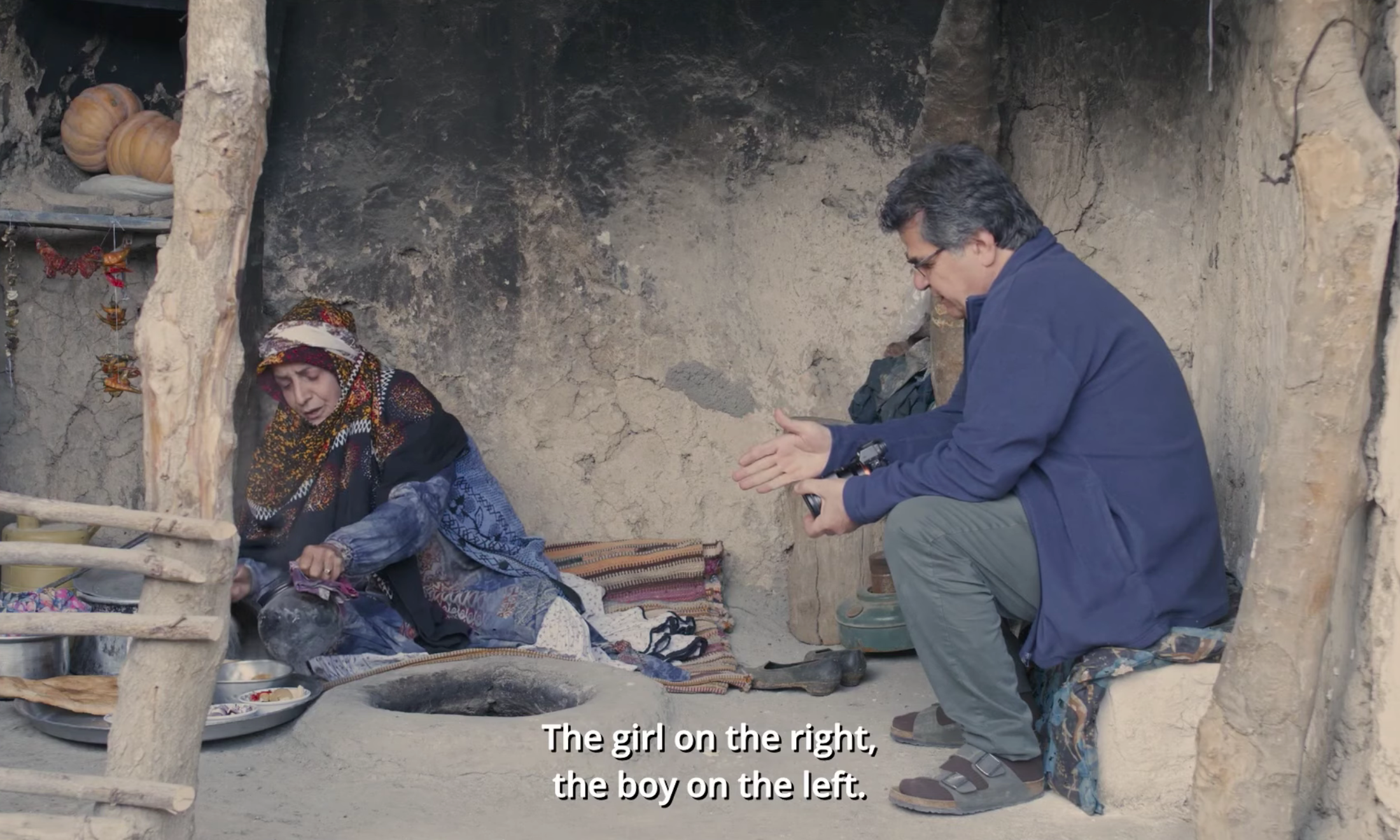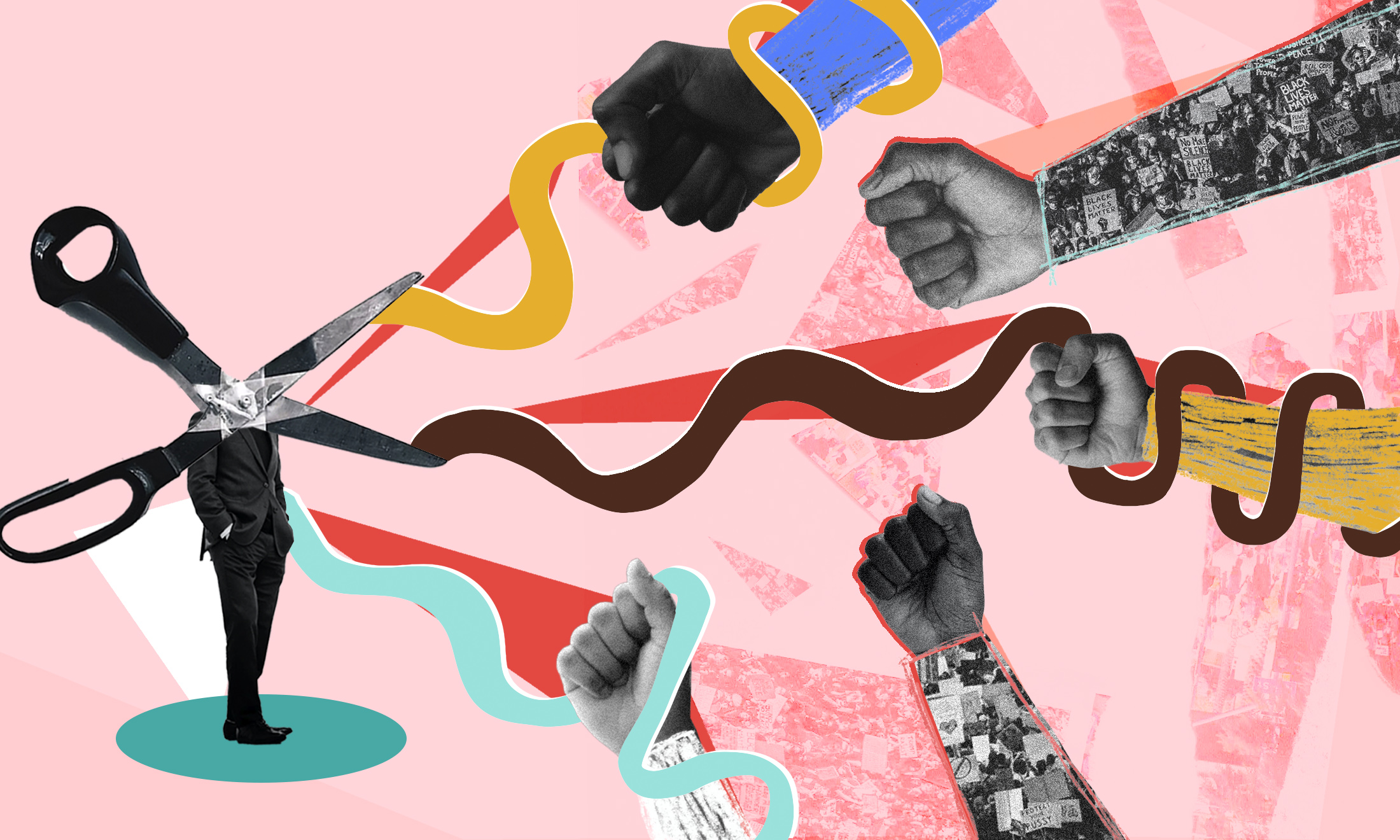
In the battle of The Slumflower vs Florence Given, the only winner is the publishing industry
We need to start holding publishing houses to account for how they market 'feminist' influencers.
Moya Lothian McLean
11 Dec 2020
Image credit: Instagram/Canva
This week a lot of people learned who Florence Given is. Unfortunately for Florence, it was as a result of intense internet backlash. Just as quickly as the publishing house Octopus unveiled its “guerrilla marketing campaign” for the 21-year-old influencer’s debut book, Women Don’t Owe You Pretty, the entire apparatus was derailed due to accusations that Florence had ripped off Black women in her work.
Florence’s accuser was a one-time friend – fellow “feminist influencer” Chidera Eggerue, better known as “The Slumflower”. Ties between the two are strong: Florence has been booked as a guest at Chidera’s public speaking events, their books packaged together in gift sets and they regularly appear alongside each other in lists of empowering women online. Florence has cited Chidera as a direct influence on the brightly-coloured, feminism-lite content she creates. In turn, an endorsement from Chidera graced the front of cover of Women Don’t Owe You Pretty – a work she now alleges was copied wholesale from her and other Black feminist voices.
In a series of Instagram stories (where else would we lay our scene) posted late on Tuesday, Chidera voiced her displeasure with design and content similarities between two of her books – What a Time to Be Alone, How to Get Over a Boy – and Florence’s debut.
“It speaks for itself,” Chidera said, holding a copy of What a Time to Be Alone next to Women Don’t Owe You Pretty.
“Women Don’t Owe You Pretty is essentially an amalgamation of What A Time to Be Alone and How to Get Over a Boy”.
Chidera also pointed out that Florence’s backpage list of thanks features solely the names of Black women, alleging that both her aesthetic approach and the book’s actual content (which featured titles like “Check your privilege”) are lifted from the very people she spotlights.
“Black women did it first,” she said.
“Do we get recognition? No. Black women continue to pave the way, set the trends, and set the pace. This book is generating wealth. Black women’s ideas generate wealth for white people. But that wealth doesn’t go to our community.”
Chidera Eggerue is not wrong. But she’s not wholly right either, given she herself has received critique from Black and Asian feminists for setting harmful precedents with her secure-the-bag feminism that has, at times, veered strongly into toxic misandry, and stealing content directly from sex workers. For Chidera to hit Florence with allegations that she’s copied her schtick to sell watered down feminism to the masses brings to mind the meme of the two Spidermans, pointing accusingly at each other. The charge has due cause – but it could also apply to either one of them.
Instagram feminism
To be a “feminist” influencer in 2020 means hawking ideas that have almost certainly been taken from academics and activists – usually older women of colour – and then regurgitating them via an aesthetically pleasing Instagram tile. The Instagram feminism marketed by influencers with mass appeal is the equivalent of the cerulean blue jumper Andy wears in The Devil Wears Prada. To be mainstream, it has to be accessible and non-radical and it has usually been diluted from elsewhere.
What the entire debacle did throw up was the less-discussed angle about the people who make the whole conversation possible. So far, the publishing houses and management teams who are in charge of steering young women like Florence and Chidera to profiles in GLAMOUR and seats on panels, have escaped notice. So let’s turn our attention to them.
Both Florence and Chidera share a management team, and an agent. It doesn’t seem a stretch to say that both influencers have been packaged in the same mould of accessible, vibrant young feminist whose ideology, ironically, centres men by going on all the time about how much we should be dumping them. To Chidera’s credit, this was a lane she carved out independently, via blogging – that success was wholly her own and has been capitalised upon and copied by agencies hoping to do the same with their own nascent feminist Instagram hunnies.
But over the last few years, an obvious career trajectory has been established for young women who manage to build a large social media following via “feminist” content. First comes the low-level buzz, the appearances on magazine lists that feature the word “empowering” or “badass” in the title. Next up are the panel appearances. Then the podcast. Finally, a lucrative book deal – six figures or so – that will open them up to the rest of the world.
At this point, the lavish praise the young women are used to turns sour; as soon as other people outside the target audience get wind of the frothy content they’re being heralded as the next bell hooks for, the backlash begins. While young women obviously have agency, we shouldn’t forget the impact that pseudo-fame of this sort would have at that age.
“Why are publishing houses and influencer agencies building personality cults around young women who have barely begun to live and not expecting the entire thing to go sour?”
If you’d have offered me a book contract at 20, I’d have chewed your arm off for it, no bother that I had fuck all to say. I thought I knew everything about everything. Positive reinforcement from a legion of fans would have simply confirmed this. We’re already aware of the negative impact of fame on traditional child stars, with psychologists warning that TikTok teens could be next in line as a generation warped by exposure to notoriety. So what about these influencers?
Why are 21-year-olds like Florence Given being marketed like this in the first place? Why are publishing houses and influencer agencies building personality cults around young women who have barely begun to live and not expecting the entire thing to go sour?
We live in an era of cancellations and backlash and regular studies tell us how much consumers prize authenticity. How can you position Chidera Eggerue, at the age of 24 (when she penned her first book), as the new face of modern feminism and not expect intense scrutiny of her work, what it actually achieves and where she sources her ideas from?
When you attach such big promises to people, people expect equally big returns – and are hyper-aware of any failure to deliver on those. It’s setting up young women, armed only with eye-catching illustrations and some 101 feminist ideas, to fail. But publishing houses and agents with one eye on their commission benefit, individual impact be damned.
This doesn’t mean that young women with a passion for feminism don’t have something to say or that someone can only write a book if they’re over 30. But having 300k followers doesn’t automatically mean you have to follow a set path that ends with you “writing” a book – especially when many of these works are quasi-self help guides in which the author hands out advice about a range of life experiences they have yet to encounter.
Additionally: many of these influencers are not writers. They are photographers and illustrators and content creators but they are not writers. So why are they being pushed into becoming authors when their talents lie elsewhere?
With this model of selecting talent based upon social following, it’s obvious the voices that will be overrepresented: white, conventionally attractive, privileged women. It doesn’t matter how much you use your platform to shout out creators of colour; at a certain point people are going to (rightfully) start asking why they actually need these white women as middlemen in the first place.
The price of quasi-fame
Positioning white influencers like Florence Given as the everywoman and representative voice of queer, grassroots feminism is going to rub people up the wrong way. Positioning influencers like Chidera Eggerue as a lone representation of Black radical feminism is going to rub people up the wrong way. Their teams, working behind the scenes, should be aware of that. Maybe they are. Perhaps they simply do not care when the pound signs ring so loudly.
There is a cost though and it’s a price paid by the influencers themselves, particularly those of colour who are likely to get it in the neck with twice as much vigour. In a VICE interview from September, Chidera spoke about being “dehumanised” by the pedestal she’d been placed upon by fans and management alike – and why she’s logged off as a result.
“There’s moral burnout where nothing you do is enough, nothing you say is enough and you’re seeing so many people just burn themselves out trying to do everything for everyone,” she told interviewer Nana Baah.
“Trying to be the perfect activist, trying to have the perfect caption, the perfect comeback, the perfect analysis on this situation that hasn’t even happened 24 hours ago. It’s a lot.”
Imagine being a 20-something who suddenly commands a massive audience that, every day, tells you how amazing you are, how innovative, how you’ve changed their lives. Until one day you wake up and suddenly you’re persona non grata for some half-baked take you tweeted out on the toilet. What does that do to a person’s individual growth?
It’s unlikely the publishing industry is going to stop looking for the next new feminist voice that will keep Gen Z fans buying print books. Management agencies aren’t going to be relinquishing their cash cows anytime soon either. But at least we as consumers can think a little more critically about the conveyor belt that leads from our Explore pages to our shelves – and who we should really blame for the likes of Florence Given.









